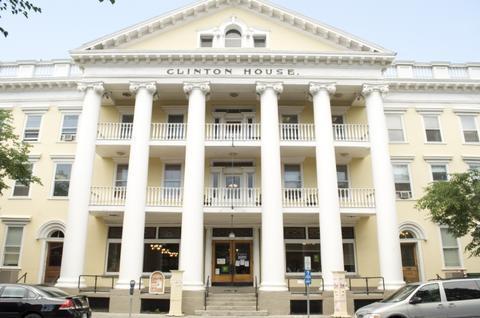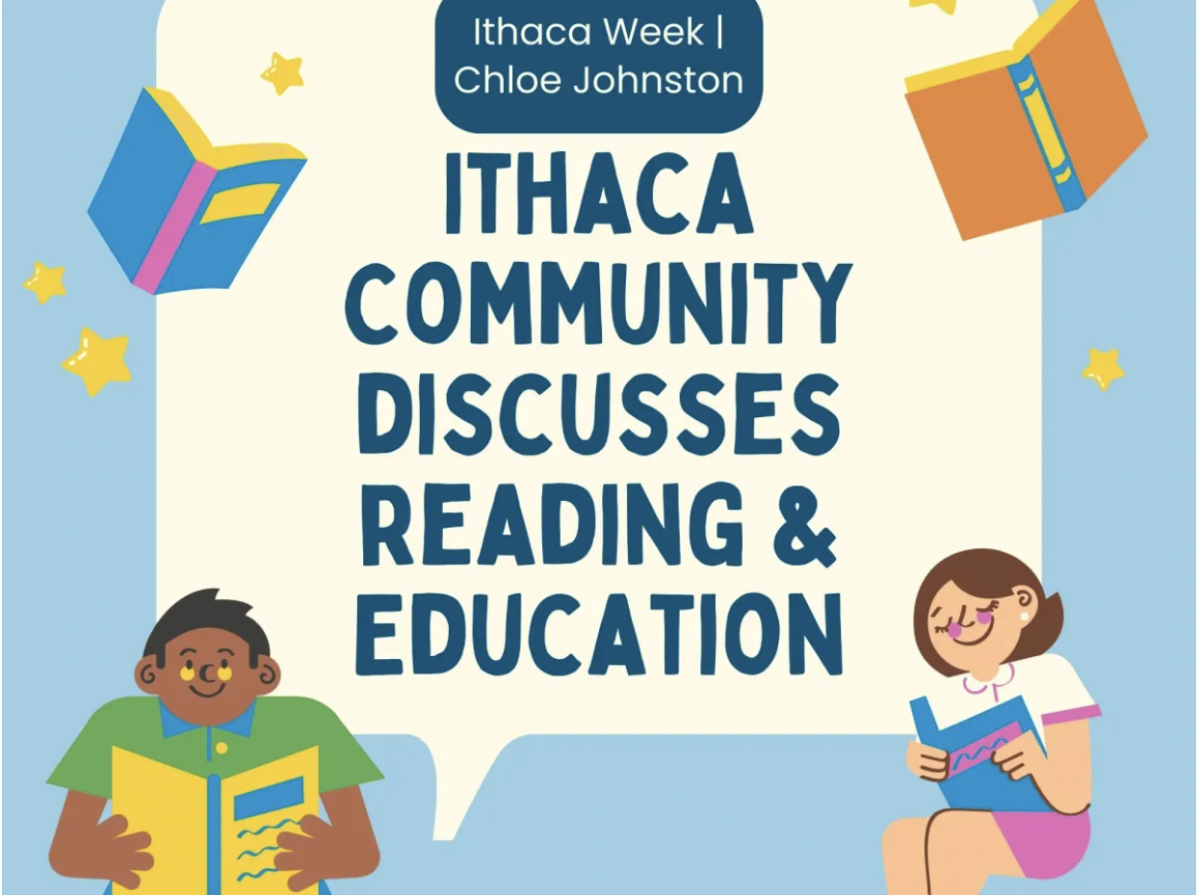New Roots Charter School, located at 116 North Cayuga Street, is currently in its five-year renewal process. Although proponents of the school say that the school offers an alternative educational choice for its students, opponents point to a low graduation rate and low test scores as signs the school is not living up to its mission.
Henry Kramer, a former member of the Ithaca City school board and vice-chair of the Tompkins County Republican party, does not believe the charter should be renewed.
“I think charter schools serve a very useful function in places like New York city, where the local public schools may be failing the parents and the kids, but the New Roots charter school has had five years to run and has a dismal, dismal, achievement record,” he said.
The 2014-15 School Evaluation Report from the Charter School Institute in the State University of New York system found that New Roots only graduated 51 percent of the group that started in 2010, well below the Ithaca City School District’s 84 percent graduation rate for that time period. Only 46 percent of students who entered the school in 2012 passed at least three of the Regents exams required for graduation by the end of the 2013-14 school year, falling short of the 75 percent goal.
The graduation rate was a historic low, as 71 percent of those who started in 2008 and 67 percent who started in 2009 graduated on time.
New Roots did not respond to a request for comment. In an interview with WHCU radio, Tina Nilsen-Hodges, principal of New Roots, said she was optimistic about the reaccreditation process.
“In the last two years, we’ve had our highest graduation rates ever at New Roots, and we have very stable enrollment that’s allowing us to support the school in fiscally responsible way,” she said. “There’s all kinds of wonderful things happening with the young people that chose New Roots, and many of our Class of 2012 are just now graduating from college and going on to great things.”
The debate over New Roots plays into a larger debate about the effectiveness of charter schools in the United States. Gary Miron, a professor at Western Michigan University, is an expert on charter schools and education policy and said charter schools have not lived up to the goals of revolutionizing education.
“If you ask about outcomes and performance, I’d say when you control for demographics, they are similar,” he said. “But I do expect that charter schools are going to start to perform better, but that’s only because they have more refined, selective entry and exit processes in place.”
Essentially, charter schools can select when they accept students, while public schools have to take any students. In this and other ways, charter schools hurt traditional public schools, Miron said.
“They have a negative impact on traditional public schools,” he said. “Not only in dividing limited resources, but also making it harder for traditional public schools to operate with the limited resources they still collect and have at their disposal.”
The debate over charter schools is complex, as Julie Mack wrote for MLive.com. Proponents of charter schools argue that they offer a choice for parents and families and foster competition, which would improve quality for all. This would also encourage innovation and would allow schools to develop specific philosophies.
However, Miron said that this sense of innovation has been lost as private corporations have taken over a large number of the schools and local control has been lost.
“We see pretty much the same curriculum, the same things being generated across the schools, in what we would call a cookie cutter approach,” he said.
On the other hand, opponents say that charter schools are fiscally insufficient, redirecting money away from often underfunded public school systems, Mack wrote. They are also run by private corporations not covered under the Freedom of Information Act, decreasing transparency, and these private corporations are often large and take control of the schools away from localities.
In its mission statement, New Roots says it will feature “hands-on, community-based learning that supports students in solving real-world problems.” Katie Quinn-Jacobs, a parent of a student at New Roots, wrote a column in the Ithaca Voice praising the school in response to a column written by Kramer about the low graduation numbers.
“Unfortunately, the numbers can’t capture who these kids are, where they have been, and where they are heading,” she wrote. “For the 150 New Roots students, the singular, nurturing and academically challenging education provided by the school is greater than the sum of its parts.”













